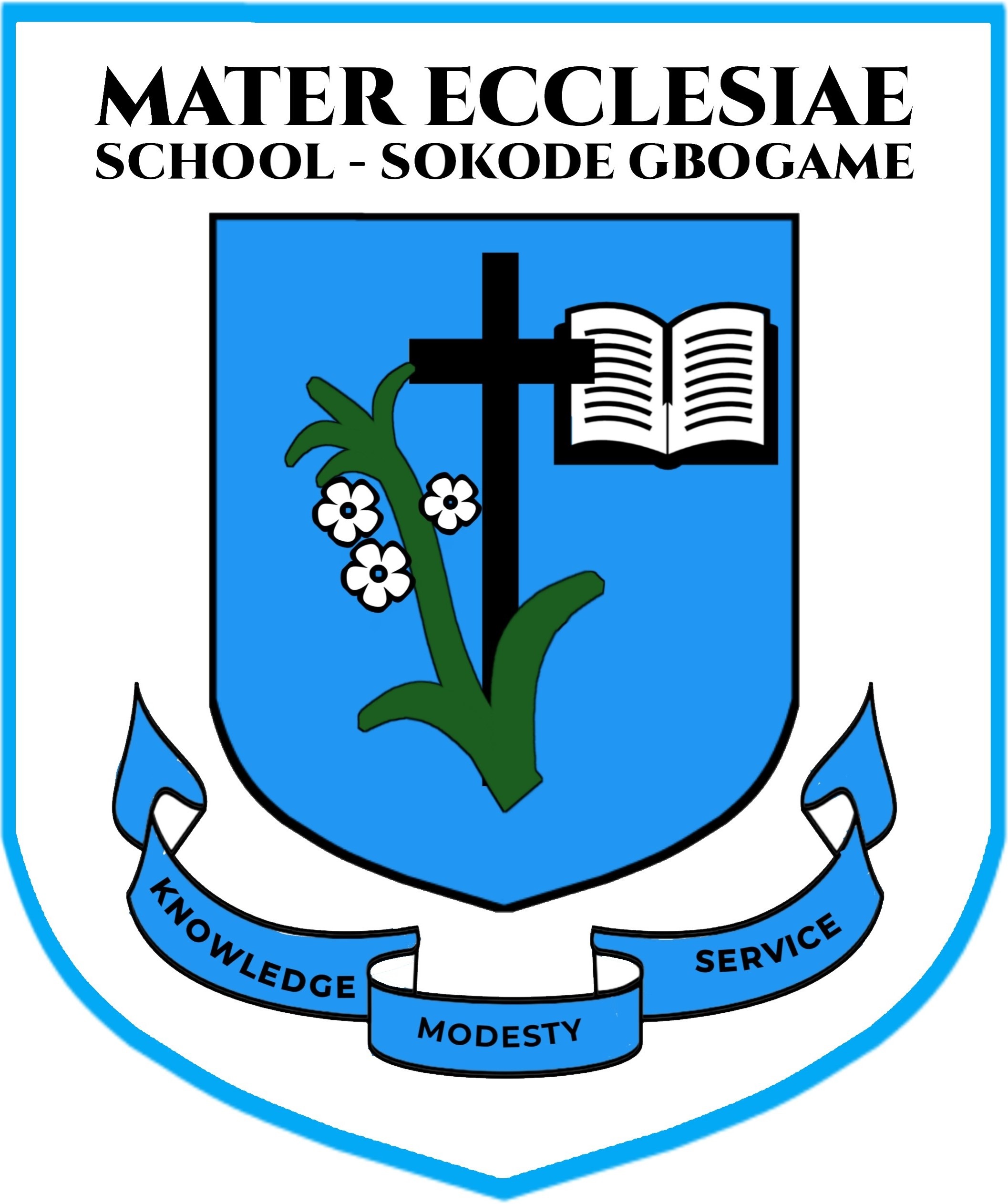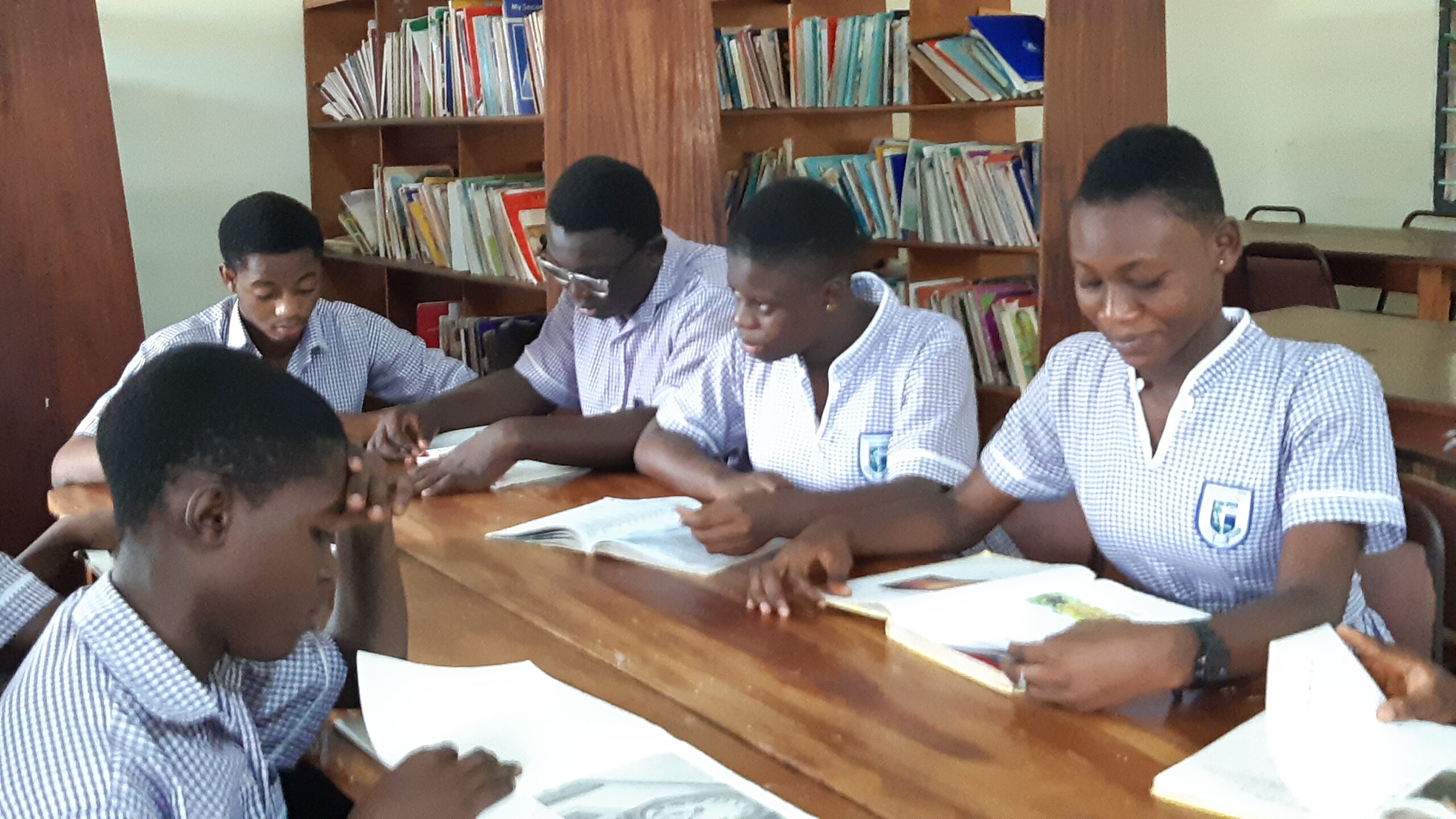Education plays a pivotal role in the development of any nation, and in Ghana, one of West Africa’s leading economies, the progress and challenges of the education system remain a subject of significant national discourse. Over the years, Ghana has made remarkable strides in improving access to education, fostering quality learning environments, and aligning its educational objectives with global standards. However, like many other nations, it faces ongoing challenges that require concerted efforts from all stakeholders. This article explores the current state of education in Ghana, highlighting its achievements, ongoing challenges, and recent developments.
Historical Context and Achievements
Since gaining independence in 1957, Ghana has prioritized education as a cornerstone of its national development. Over the decades, the government has implemented several reforms aimed at increasing access to education for all citizens, particularly at the basic and secondary levels. In 1996, Ghana introduced the Free Compulsory Universal Basic Education (FCUBE) policy, which guaranteed free basic education for all children. This policy was a significant step in ensuring that children from all socioeconomic backgrounds had the opportunity to receive formal education.
In recent years, the government has expanded this commitment to free education by introducing the Free Senior High School (SHS) policy in 2017. This initiative, which provides tuition-free secondary education to all Ghanaian students, has been hailed as a game changer. The program has increased enrollment rates significantly, ensuring that more young people can access higher levels of education without financial barriers. The Free SHS policy also aligns with the United Nations’ Sustainable Development Goal (SDG) 4, which advocates for inclusive and equitable quality education for all by 2030.
Current Challenges Facing Education in Ghana
Despite these significant achievements, Ghana’s education system continues to grapple with several challenges that hinder its progress. Key among them are issues of infrastructure, quality of teaching, and the disparities between urban and rural schools.
1. Inadequate Infrastructure
While the Free SHS policy has led to an increase in enrollment, it has also placed a strain on the country’s educational infrastructure. Many schools are overcrowded, and there is a shortage of essential facilities such as classrooms, science laboratories, and teaching materials. Some schools, especially in rural areas, lack basic amenities like electricity and clean water, which affects both students’ learning experiences and teachers’ ability to deliver quality education.
2. Teacher Shortages and Training
Another pressing issue is the shortage of trained teachers, particularly in remote areas. While Ghana has a robust teacher training program, many educators prefer to work in urban centers where there are better facilities and living conditions. As a result, rural schools often struggle to attract qualified teachers, which widens the gap in education quality between urban and rural regions. Furthermore, continuous professional development for teachers is often limited, affecting the overall quality of education in many schools.
3. Educational Disparities
The educational disparities between urban and rural areas are stark. While cities like Accra and Kumasi have well-resourced schools, many rural regions are left behind. Children in rural communities often face greater challenges, including long travel distances to schools and higher dropout rates. Addressing these disparities remains a critical concern for the government and education stakeholders.
Recent Developments in Education
Despite these challenges, Ghana continues to make strides toward improving its education system. Recent policy developments and initiatives reflect the government’s commitment to addressing the gaps in the education sector.
1. Technology Integration in Education
In the wake of the COVID-19 pandemic, the integration of technology into education has become more urgent than ever. The pandemic exposed the digital divide in Ghana’s education system, particularly in rural areas where access to the internet and digital devices is limited. In response, the government, in partnership with private sector players, has rolled out several initiatives to promote e-learning. Programs such as the “One Teacher One Laptop” initiative aim to equip teachers with the necessary tools to facilitate online and blended learning.
2. Education Reform Agenda
In 2019, the government launched a new education reform agenda aimed at transforming Ghana’s education system. The reforms focus on improving curriculum content, particularly in Science, Technology, Engineering, and Mathematics (STEM) education. The goal is to produce graduates who are better equipped for the demands of the modern economy and the global job market. Additionally, the reforms emphasize critical thinking, problem-solving, and creativity as essential skills for students.
3. Inclusive Education
Ghana has also made efforts toward promoting inclusive education for children with disabilities. The Inclusive Education Policy, which was adopted in 2015, seeks to ensure that children with special needs can access quality education in mainstream schools. While progress has been made, more needs to be done to fully implement the policy and ensure that all schools are equipped to cater to the needs of children with disabilities.

Conclusion
Education in Ghana has come a long way, with notable achievements in expanding access and promoting inclusive policies. However, challenges related to infrastructure, teacher shortages, and educational disparities remain significant hurdles. Addressing these issues will require ongoing investment, innovation, and collaboration between the government, private sector, and civil society.
As Ghana continues to position itself as a leader in West Africa, ensuring that its education system meets the demands of the 21st century is essential. With the right reforms and investments, Ghana has the potential to build an education system that not only uplifts its citizens but also serves as a model for other countries in the region.




